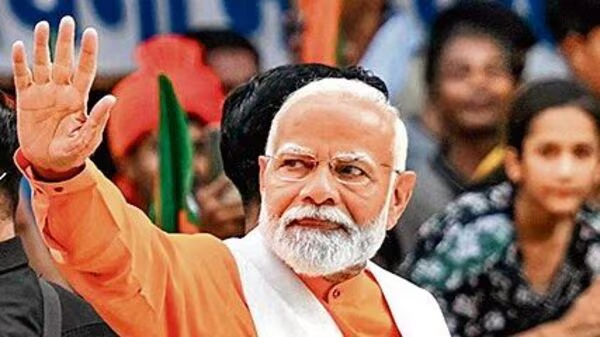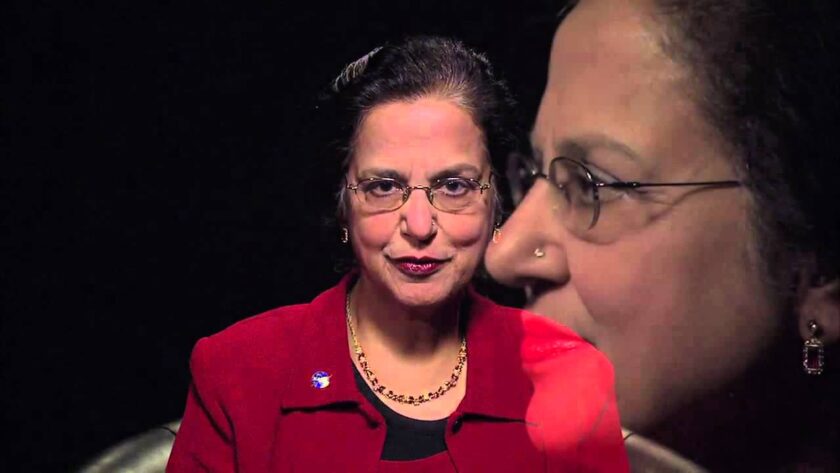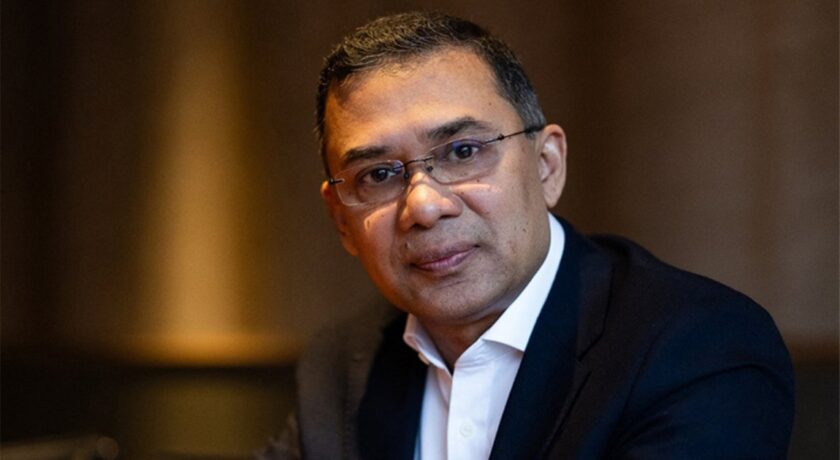Moscow: In a bold and unprecedented move, Yulia Navalnaya, widow of Russian opposition leader Alexei Navalny, has announced her intention to run for president of Russia once Vladimir Putin is no longer in power. Her candidacy marks a significant development in Russia’s ongoing political struggle, as she positions herself to carry on her late husband’s legacy of fighting for democracy, transparency, and justice in a country long dominated by Putin’s regime.
Navalnaya’s Announcement and Vision for Russia
During a recent interview, Yulia Navalnaya firmly declared, “I will participate in the elections… as a candidate,” signaling her readiness to lead the Russian opposition. Her political aspirations, however, come with an acute awareness of the dangers posed by the current government. As long as Vladimir Putin remains in power, Yulia acknowledges that returning to Russia could lead to her arrest on extremism charges—an accusation frequently wielded by the Kremlin against political dissidents.
Her husband, Alexei Navalny, was one of Putin’s fiercest critics and a renowned advocate for anti-corruption. Before his death in February, Navalny was serving a 19-year sentence in a penal colony on extremism charges widely regarded as politically motivated. His imprisonment and eventual death in a remote Arctic penal colony sparked international outrage, with many accusing the Russian government of foul play. U.S. President Joe Biden openly attributed Navalny’s death to Putin’s regime, further heightening the tensions between Russia and Western democracies.
Yulia Navalnaya now seeks to carry the torch of her husband’s movement. Through her leadership of the Anti-Corruption Foundation (FBK), an organization Navalny founded to expose corruption within the Russian government, she aims to continue advocating for transparency and justice. Her determination to participate in future presidential elections reflects her vision for a free and open Russia, where democratic principles prevail.
Legacy of Alexei Navalny
Alexei Navalny’s activism reshaped Russian opposition politics, particularly through his work at FBK, which revealed high-level corruption among Russia’s political elite. Despite numerous assassination attempts, arrests, and imprisonments, Navalny continued to challenge Putin’s rule until his death. His resilience inspired many Russians to believe in the possibility of change, but his death has left a leadership vacuum in the opposition.
Yulia Navalnaya has now stepped into that void, and her potential candidacy represents not only a personal commitment to her husband’s cause but also a broader political challenge to the Kremlin. Her involvement in the FBK, coupled with her public opposition to Putin, positions her as a central figure in Russia’s resistance to authoritarianism.
In her recent interview, conducted in a London legal library, Yulia reflected on her husband’s life and mission. She is set to release Alexei’s unfinished memoir, Patriot, which offers insight into his political vision for Russia and the personal sacrifices he made in the fight for democratic reforms. The book is expected to become a rallying point for those continuing Navalny’s struggle for a more transparent and accountable Russian government.
Risks and Challenges
Yulia Navalnaya’s decision to run for president comes with immense personal risk. Putin’s government has been relentless in its crackdown on opposition figures, using extremism laws to silence critics and imprison political dissidents. Navalny’s death is a testament to the lengths the regime will go to maintain power.

Yulia has been accused of extremism by the Russian government—a charge that can lead to severe punishment. Her continued activism and outspoken criticism of Putin place her in immediate danger if she returns to Russia while the current regime remains in power. Nevertheless, she remains resolute in her determination to see a different Russia emerge from Putin’s shadow.
“I understand the risks, but I also understand that Russia needs change,” she said in her interview. Yulia believes that only by maintaining international attention on Russia’s political situation can meaningful reform take place. While she is barred from returning to Russia at present, she hopes for a future where she can actively campaign within her homeland.
Political Climate and Future Prospects
Russia’s political landscape under Vladimir Putin has been marked by an iron grip on power, suppression of opposition, and a lack of political pluralism. However, Navalnaya’s candidacy could signal a new chapter in Russian politics, especially if the geopolitical tides turn or if domestic unrest grows. Yulia is hopeful that a day will come when free and fair elections are possible in Russia—a day when her voice, and those of other opposition leaders, can be heard.
Her potential candidacy also raises questions about the broader role of women in Russian politics. Historically, Russia has seen limited female leadership, but Yulia Navalnaya’s prominence could inspire a new wave of political engagement among Russian women. Her calm resolve and commitment to her husband’s mission demonstrate her capability to lead and rally supporters.
International Reactions and Implications
Yulia Navalnaya’s announcement has drawn international attention, particularly among Western democracies that have consistently condemned Putin’s authoritarian tactics. Her advocacy for democratic reforms and transparency is likely to be embraced by world leaders who view her as a symbol of resistance against authoritarianism in Russia. However, the Russian government’s response to Navalnaya’s growing prominence remains to be seen.
As Russia’s opposition continues to navigate the harsh realities of dissent under Putin’s rule, Yulia Navalnaya stands as a symbol of resilience. Her candidacy, while fraught with danger, could potentially mobilize a new generation of Russian citizens longing for change. Whether or not she can run in a future presidential election, her role in shaping the opposition’s vision for a post-Putin Russia is already undeniable.
Yulia Navalnaya’s decision to run for president represents more than just a continuation of her husband’s legacy—it signals a new phase in the ongoing struggle for democracy in Russia. Her candidacy highlights the personal sacrifices made by opposition leaders and the challenges they face under a repressive regime. As Yulia prepares for the release of her husband’s memoir and continues her work with the Anti-Corruption Foundation, she remains steadfast in her hope for a Russia free from authoritarianism. The future of Russian politics may be uncertain, but Yulia Navalnaya’s courage and determination ensure that her voice will be a pivotal force in the fight for democratic reform.









